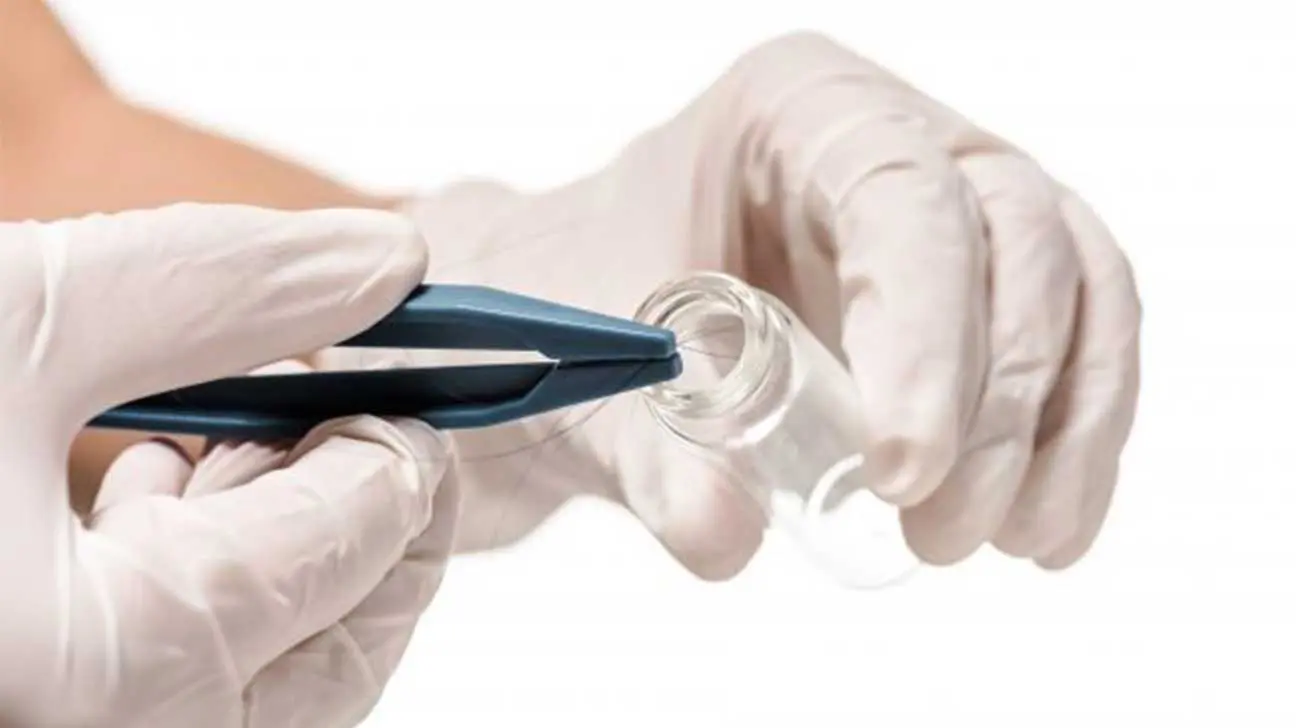
Hair drug tests have the longest detection window of all drug tests. This can be used to detect Adderall use for up to three months prior to when the test is taken.
Detecting Adderall In Hair
Adderall is a prescription stimulant drug that can remain detectable in hair for up to 90 days, or three months, after a person’s last dose.
What Factors Can Affect How Long Adderall Stays In Hair
Some bodies metabolize Adderall at slower or faster rates than others. The amount of time Adderall takes to leave a person’s system can depend on several factors.
Factors that can affect how long Adderall stays in hair:
- dose taken
- formulation (i.e. immediate release vs extended-release)
- how Adderall is used (e.g. swallowed, snorted, smoked, injected)
- body fat percentage
- metabolic rate
- overall health status
- use of multiple drugs (including alcohol)
Trace amounts of Adderall can remain present in hair samples for longer if a person is abusing Adderall or has taken it regularly as prescribed for a long period of time.
How Do Hair Tests For Adderall Work?
Hair tests can be conducted in a laboratory setting or at home. If you get an at-home hair test kit, you’ll need to send a sample of hair to a laboratory to be tested.
Testing for amphetamines in hair requires taking a small sample of hair from either the scalp or another area of the body, such as the armpit. Medical supervision may be required.
How To Get Adderall Out Of Your System
The only way to get a negative test result is to stop taking it.
Getting off Adderall long enough to get a negative test result may be difficult if you’ve become addicted to Adderall or are dependent on Adderall through regular prescribed use.
If you’re unable to get off Adderall alone, a detox program may be recommended, followed by counseling or a full drug rehab program.
Call Today To Find Treatment For Adderall Addiction
Getting off Adderall and recovering from addiction is possible. Call our helpline today to find an Adderall treatment program that’s right for you.
Addiction Resource aims to provide only the most current, accurate information in regards to addiction and addiction treatment, which means we only reference the most credible sources available.
These include peer-reviewed journals, government entities and academic institutions, and leaders in addiction healthcare and advocacy. Learn more about how we safeguard our content by viewing our editorial policy.
- Quest Diagnostics—Hair Drug Testing FAQ
https://www.questdiagnostics.com/dms/Documents/Employer-Solutions/Brochures/quest-hair-testing-faq-2018/Quest%20hair%20drug%20testing%20FAQ.pdf - U.S. National Library of Medicine: NCBI—OBJECTIVE TESTING - URINE AND OTHER DRUGS
https://www.ncbi.nlm.nih.gov/pmc/articles/PMC4920965/ - U.S. National Library of Medicine: NCBI—Treatment for amphetamine withdrawal
https://www.ncbi.nlm.nih.gov/pmc/articles/PMC7138250/


